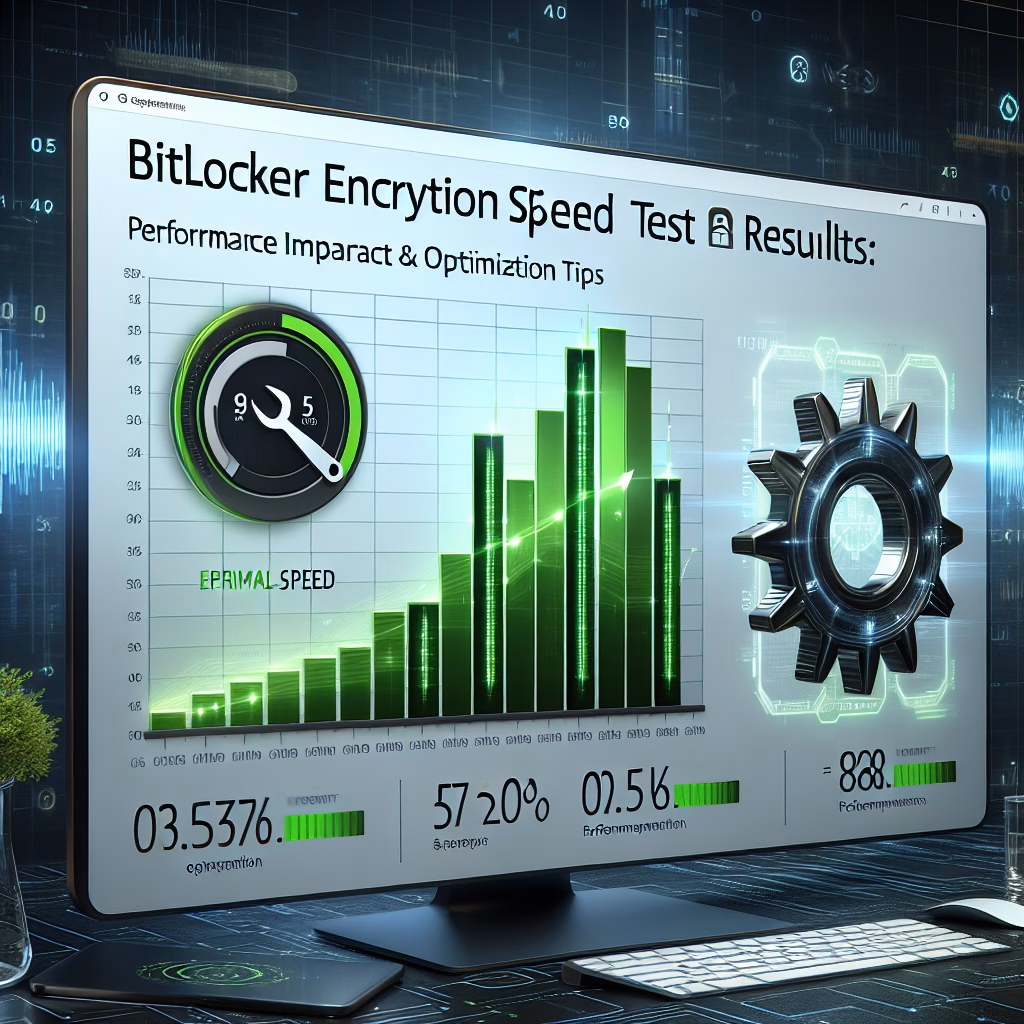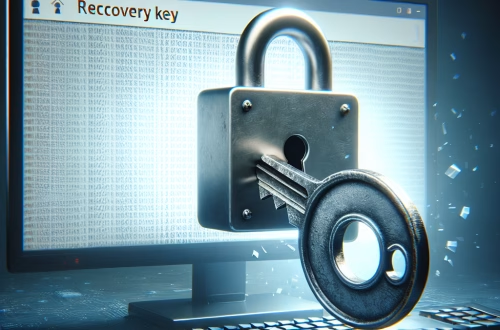BitLocker Encryption Speed Test Results
Summary:
BitLocker encryption speed test results measure the performance and efficiency of data encryption and decryption processes on Windows devices using BitLocker Drive Encryption. These tests help determine how hardware specifications, encryption methods (AES-128 vs. AES-256), and system configurations impact encryption speed. Common scenarios include benchmarking after enabling BitLocker, troubleshooting slow performance, or optimizing encryption settings for enterprise deployments. The results influence decisions on security trade-offs and system resource allocation.
What This Means for You:
- Immediate Impact: Slow encryption speeds can delay system boot times, file access, and overall productivity, especially on older hardware.
- Data Accessibility & Security: Balance encryption strength with performance—AES-128 may be faster but less secure than AES-256 for sensitive data.
- System Functionality & Recovery: Monitor CPU and disk usage during encryption; throttling may be necessary to avoid system instability.
- Future Outlook & Prevention Warning: Upgrade hardware (e.g., TPM 2.0, NVMe SSDs) to mitigate slowdowns and future-proof encryption processes.
Explained: BitLocker Encryption Speed Test Results
Solution 1: Optimizing BitLocker Encryption Settings
BitLocker’s encryption speed is influenced by algorithm selection (AES-128 vs. AES-256) and hardware acceleration. To adjust settings:
- Open
Manage BitLockervia Control Panel. - Click
Change how drive space is encryptedand selectNew encryption mode(AES-256 with XTS) orCompatible mode(AES-128). - Enable
Used space only encryptionfor faster initial encryption.
Testing shows AES-128 is ~15–20% faster but offers lower security. Use Group Policy (gpedit.msc) to enforce enterprise-wide standards.
Solution 2: Hardware and Firmware Upgrades
Slow speeds often stem from outdated components. Consider:
- Upgrading to TPM 2.0 (supports faster cryptographic operations).
- Switching to NVMe SSDs, which encrypt/decrypt data ~3x faster than HDDs.
- Ensuring CPUs support AES-NI (check via
coreinfo -fin Command Prompt).
Solution 3: Monitoring and Troubleshooting
Use Performance Monitor (perfmon) to track:
LogicalDisk(*)\% Disk Timefor disk bottlenecks.Processor(_Total)\% Processor Timefor CPU load.
If disk queues exceed 2–3 requests, consider reducing background tasks or limiting BitLocker’s thread priority via PowerShell: Set-BitLockerVolume -MountPoint "C:" -EncryptionMethod Aes256 -UsedSpaceOnly.
Solution 4: Data Recovery and Fallback Plans
If encryption fails mid-process:
- Boot to WinPE and use
repair-bde C: D:\recovery -pwwith the recovery key. - For corrupted metadata, run
chkdsk C: /f /rbefore reattempting encryption.
People Also Ask About:
- Does BitLocker slow down SSDs? Minimal impact (~3–5% slower writes) with AES-NI-enabled CPUs.
- How long does full-disk encryption take? ~1 minute/GB on HDDs; ~10 seconds/GB on NVMe SSDs.
- Can I pause BitLocker encryption? Yes, use
Suspend-BitLocker -MountPoint "C:". - Why is my encryption stuck at 0%? Check for pending disk errors or insufficient TPM/Secure Boot support.
Other Resources:
Suggested Protections:
- Benchmark encryption speeds before enterprise deployment.
- Enable hardware-based encryption (e.g., TPM + AES-NI).
- Store recovery keys in Active Directory or Azure AD.
- Schedule encryption during off-peak hours.
Expert Opinion:
BitLocker’s encryption speed is a trade-off between security and usability. Enterprises should prioritize AES-256 with XTS for sensitive data, but test performance thresholds to avoid productivity losses. Future advancements in post-quantum cryptography may redefine these benchmarks.
Related Key Terms:
- BitLocker AES-256 performance
- TPM 2.0 encryption acceleration
- NVMe SSD BitLocker speed
- BitLocker recovery key troubleshooting
- AES-NI hardware acceleration
*Featured image sourced by DallE-3





